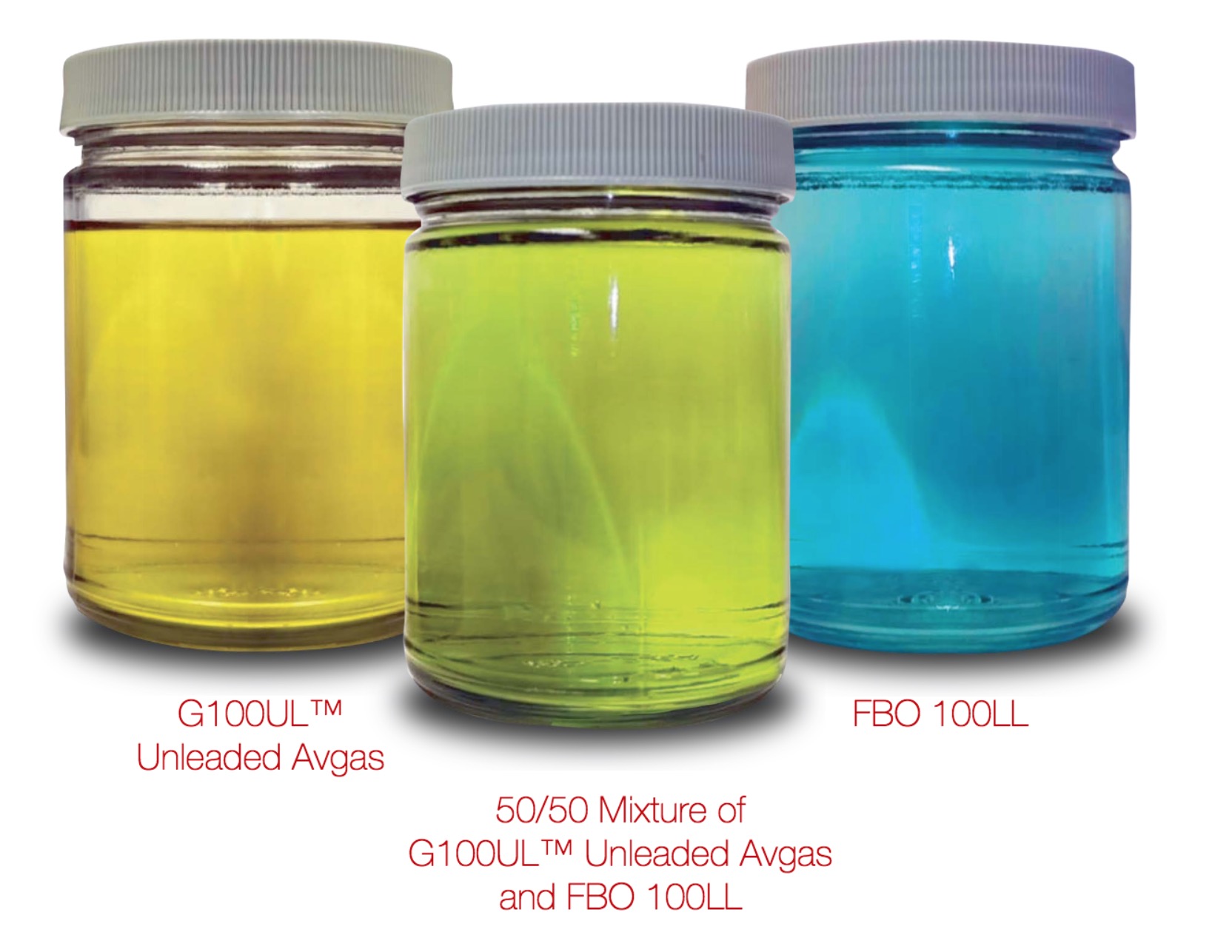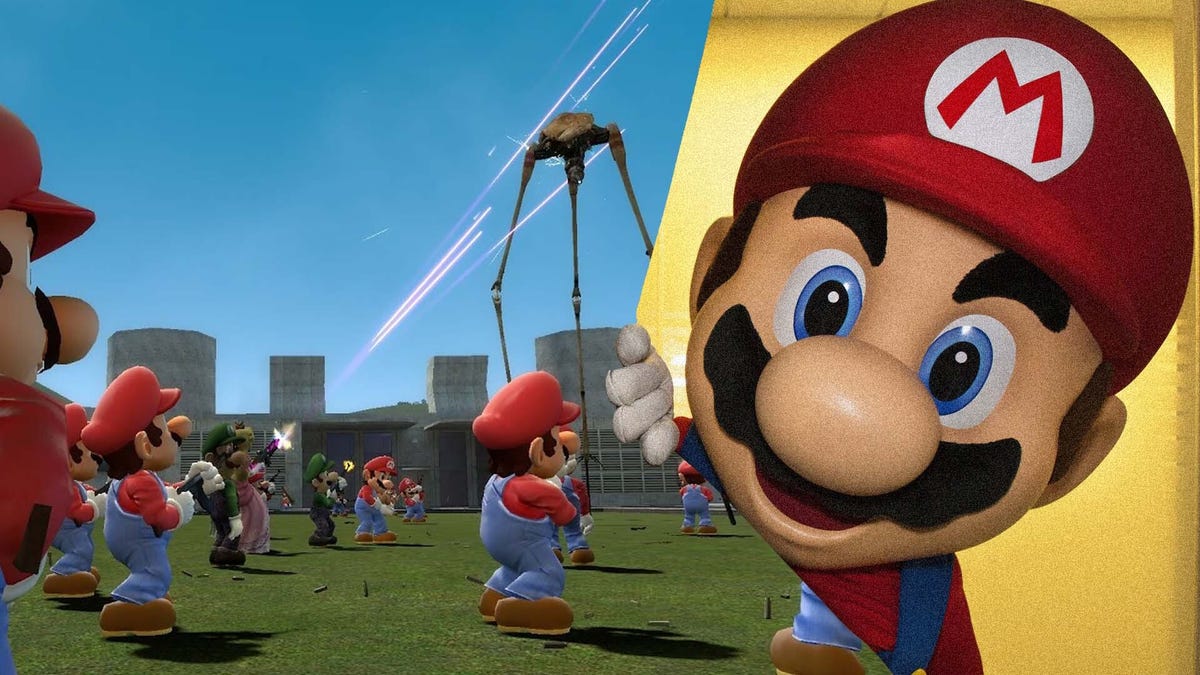
100 Percent Is Overrated
At whatever age smart people develop the idea that they are smart , they also tend to develop vulnerability around relinquishing that label. So t he difference between telling a kid “You did a great job” and “You are smart” isn’t subtle. That is, at least, according to one growing movement in education and parenting that advocates for retirement of “the S word.”
The idea is that when we praise kids for being smart, those kids think: Oh good, I'm smart. And then later, when those kids mess up, which they will, they think: Oh no, I'm not smart after all. People will think I’m not smart after all. And that’s the worst. That’s a risk to avoid, they learn. “Smart” kids stand to become especially averse to making mistakes, which are critical to learning and succeeding.
“Mistakes grow your brain,” as the professor of mathematics education at Stanford University Jo Boaler put it on Monday at the Aspen Ideas Festival, which is co-hosted by The Atlantic. I wondered why, then, my brain is not so distended that it spills out of my ears and nose. I should have to stuff it back inside like a sleeping bag, and I should have to carry Q-tips around during social events as stuffing implements. Boaler notes, more eloquently, that at least a small part of the forebrain called the thalamus can appreciably grow after periods of the sort of cognitive stimulation involved in mistake-making. What matters for improving performance is that a person is challenged, which requires a mindset that is receptive to being challenged—if not actively seeking out challenge and failure. And that may be the most important thing a teacher can impart.











.png)







